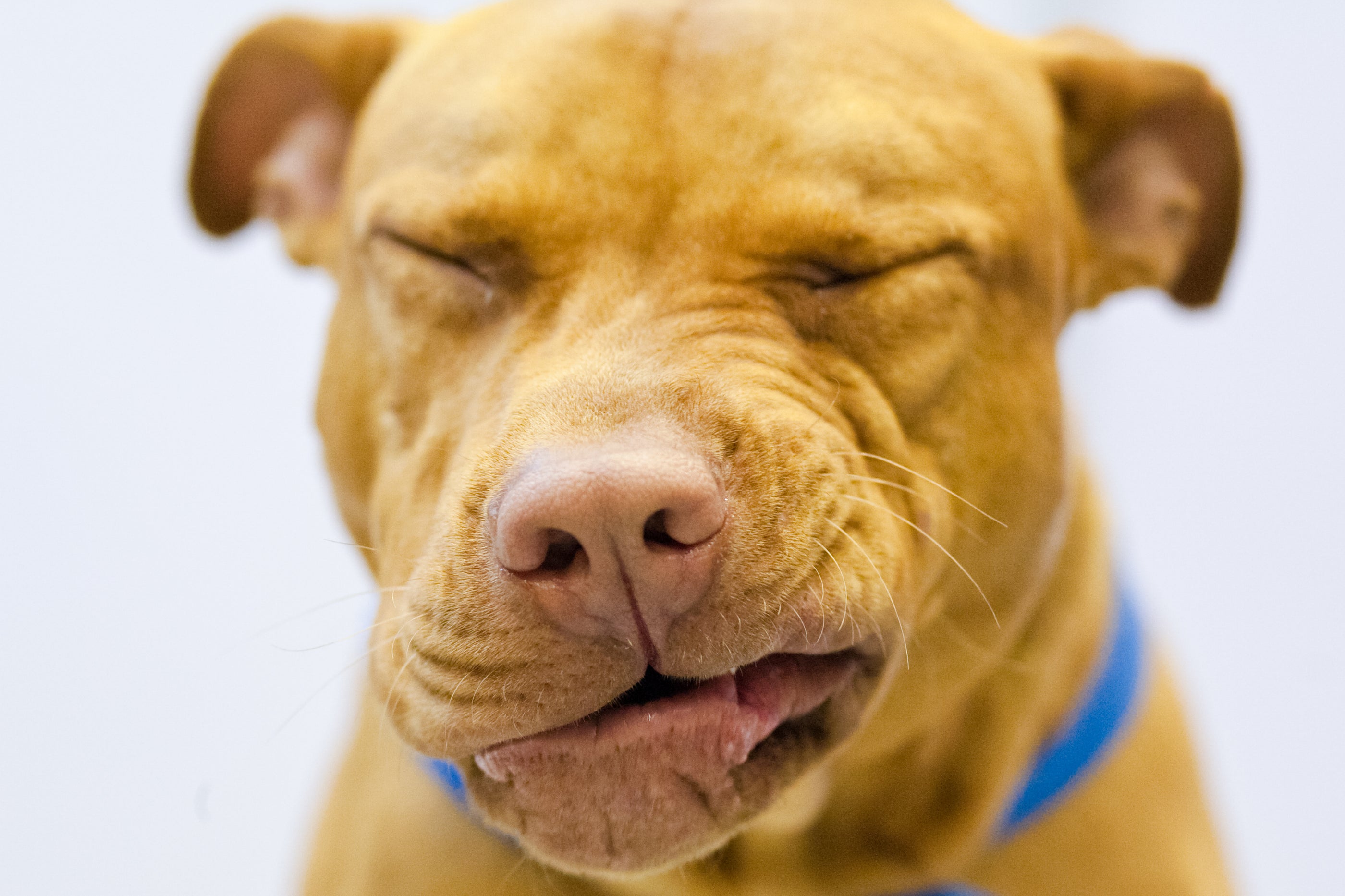Your cart is empty. Let's fix that!


Did you know your pets can suffer from allergies? Anything from fleas to pollen to food can leave your dog or cat itchy and sneezing. Keep reading to learn the signs of an allergic reaction!
While pet dander might be a common allergen for humans, pets have different allergens to worry about. Each pet and allergic reaction is different, so it’s important to be aware of the common signs of allergic reactions so that you can better care for your BFF! You may see isolated symptoms or a combination of several of these signs:
Skin irritation is one of the most common symptoms of an allergic reaction in pets. The first thing you’ll likely notice is sensitive or itchy skin. Your pet may lick or scratch themselves excessively or be extra demanding of scratches from you—and who could blame them if they’re trying to relieve an itchy rash? Conversely, their skin may be painful and sensitive, leading them to unexpectedly recoil from normal touch and affection.
Mild irritation can develop into more serious skin conditions, including:
While allergy-related ear problems can affect dogs and cats, dogs are especially prone to ear infections. Look for:
Just like humans with allergies, pets with allergies often suffer from irritated eyes. They may experience:
If you and your pets both have seasonal allergy symptoms, you may have noticed them sneezing and sniffling right along with you in the spring! Dogs and cats with allergies may have issues with their nose and breathing, including:
Your pet may experience a range of tummy and digestion issues which are a red flag of a food allergy. Watch out for any of these symptoms, especially after trying a new food or making a change to their diet:
If your pet is showing allergy symptoms, your next stop should be the veterinarian! While there are over-the-counter allergy treatment options available for pets, you should work with your vet to find the right medications and proper dosage for your dog or cat. Moreover, your veterinarian will be able to help you identify the cause of your pet’s allergy, which is often the most important part of treatment.
Whenever possible, it’s best to remove an allergen from your pet’s life as much as possible. That way you can alleviate their suffering (and the stress on their immune system) instead of just treating symptoms as they arise. Your vet can perform allergy testing including blood tests and skin tests to identify allergens, and they may recommend a temporarily limited diet to rule out ingredients that could be causing a food sensitivity.
The causes of environmental allergies include a wide range of irritants, some of which may be easier to remove from your pet’s life than others. For instance, your new floor cleaner with a fragrance that gives your dog the sniffles is easy to swap for an unscented version. Common flea allergies can be alleviated with flea-preventative medications.
On the other hand, allergens like grass pollen may be impossible to entirely remove from your pet’s life. Instead, you’ll have to do your best to reduce their contact with the allergen with regular baths and less outdoor time on days with high pollen counts while treating the symptoms of their environmental allergies to make them as comfortable as possible.
In mild cases, your veterinarian may prescribe antihistamines or a vet-approved nasal spray for your allergic pet. In more serious cases, they may recommend short-term steroids or allergy shots to keep your pet’s symptoms at bay.
No matter your pet’s allergies, there’s a path forward to getting them the treatment they need! They’ll be breathing easy soon enough with a little help from you and their vet.